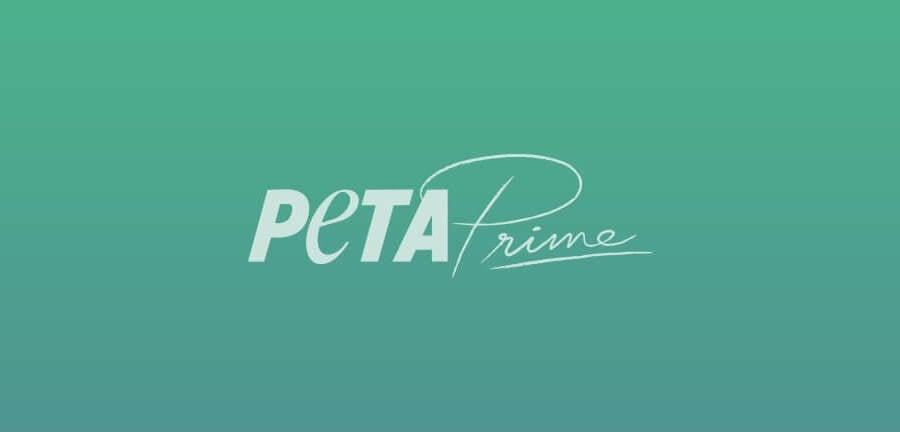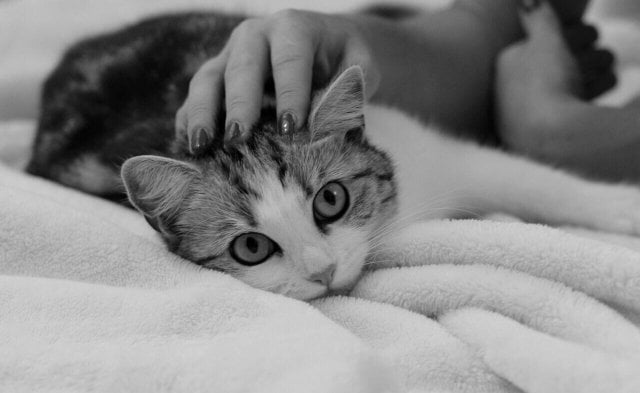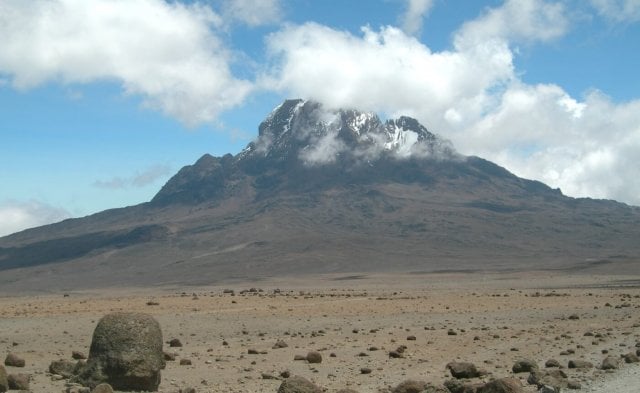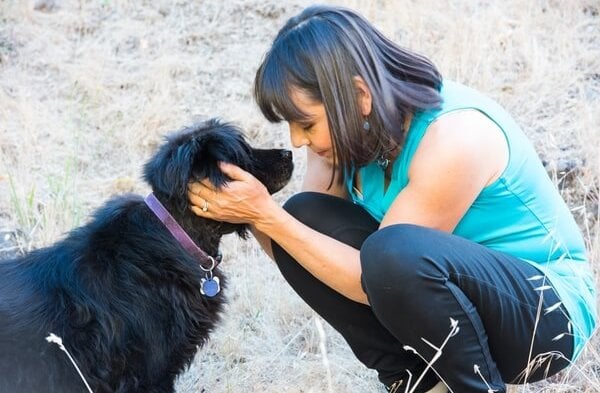In the Jewish faith, tikkun olam-the healing and repair of the world-is receiving significantly more attention from a variety of viewpoints, and one in particular is diet. The vegetarian movement is clearly on the rise among Jews, as noted by Rabbi Isaac Levi Herzog in this stunning spiritual endorsement: “Jews will move increasingly to vegetarianism out of their own deepening knowledge of what their tradition commands …. [A] whole galaxy of central rabbinic and spiritual leaders … has been affirming vegetarianism as the ultimate meaning of Jewish moral teaching.”
Given the rich and sacred history of Judaism, Rabbi Herzog’s observation is particularly profound. It is echoed by Sir Jonathan Sacks, the current chief rabbi of England, who believes that working toward tikkun olam is an integral balance to the supremacy of our secular lives. Sacks has been quoted as saying, “One of the most powerful assumptions of the twentieth century is that faith … belongs to private life. Religion and society, many believe, are two independent entities, so we can edit God out of the language and leave our social world unchanged.”
The opening of minds and hearts to the message of tikkun olam can be evidenced by the dialogue gleaned from a recent magazine article entitled, “The Planet-Saving Mitzvah: Why Jews Should Consider Vegetarianism,” in the July/August issue of Tikkun magazine. According to tikkundaily.org, Rabbi Michael Lerner, a longtime progressive voice, felt that the article’s message would greatly benefit from some reinforcement. So, thanks to PETA’s undercover investigations, you can view two videos on the Tikkun Daily Web site. The first egregious violations were at AgriProcessors, then the world’s largest glatt kosher slaughterhouse, which ignored the Jewish commitment to compassion and federal law by mutilating fully conscious animals. The second video documents PETA’s 2007 undercover investigation at a Uruguayan kosher slaughterhouse that yielded shocking footage of abuse during the “shackle and hoist” kosher slaughter of cattle.
The article also quotes Rabbi Fred Scherlinder Dobb: “‘I see vegetarianism as a mitzvah’-a sacred duty and good deed.” The article goes on to list a number of points, ranging from spirituality to conservation, about why Jews should choose a humane diet. Rabbi David Rosen, former chief rabbi of Ireland, also stated, “Being compassionate toward animal life is not just a matter of being responsible for animal life. … If we are insensitive toward animal life, then we desensitize ourselves as human beings.”
Intrigued about how this great faith tradition is continuing its work toward change for animals?
Visit the following Web sites to learn more about the Jewish commitment to compassion:





